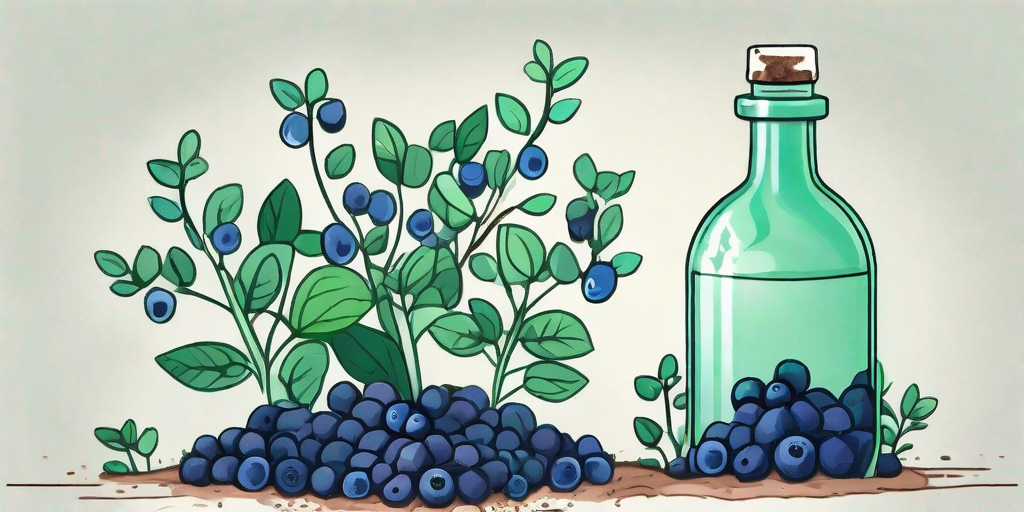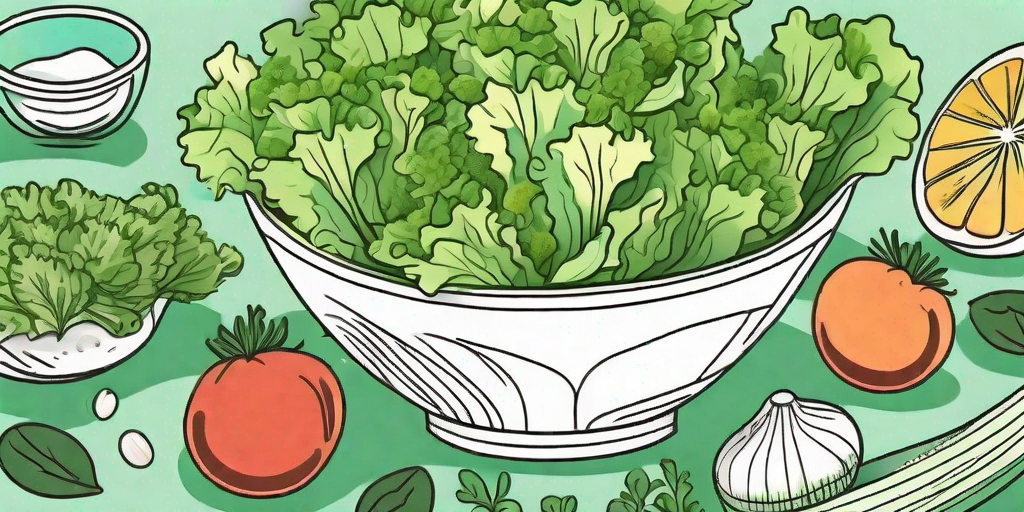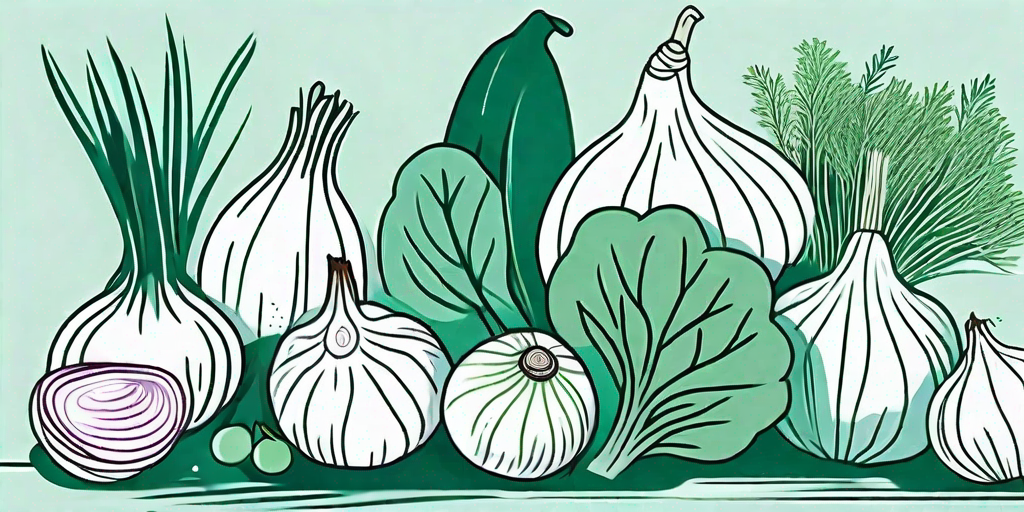
Blueberries, those little orbs of antioxidant goodness, have a secret. They like it sour. Not just any kind of sour, but the kind that makes your lips pucker and your eyes water. But don't worry, you won't have to start feeding your blueberries lemon drops. The secret to their sour-loving nature lies in the soil, and more specifically, in its acidity. And guess what? Vinegar, that humble kitchen staple, might just be the secret weapon you need to get your blueberries poppin'.
The Science of Soil Acidity
Before we dive into the vinegar bottle, let's take a moment to understand the science behind soil acidity. Soil pH, which measures the acidity or alkalinity of soil, plays a crucial role in plant health. It affects the availability of nutrients, the activity of beneficial microbes, and the growth of plant roots. Most plants prefer a slightly acidic to neutral pH, but blueberries, they like to be different. They thrive in highly acidic soil, with a pH between 4.5 and 5.5.
So why vinegar, you ask? Vinegar is acetic acid, and when added to soil, it can lower the pH, making the soil more acidic. But before you start dousing your garden with vinegar, it's important to understand that not all soils are created equal. Some soils are naturally more acidic than others, and adding vinegar to already acidic soil can harm your plants. So, before you start, make sure to test your soil's pH.
How to Use Vinegar to Acidify Soil
Now that we've got the science out of the way, let's get down to business. How do you use vinegar to acidify soil? It's not as simple as pouring vinegar on your garden, but it's not rocket science either. Here's a step-by-step guide:
Step 1: Test Your Soil's pH
Before you start, you need to know your soil's pH. You can buy a soil pH testing kit from your local garden center or online. The kit will include instructions on how to collect and prepare a soil sample, and how to read the results. If your soil's pH is above 6, it's a good candidate for vinegar treatment. If it's below 5, hold off on the vinegar.
Step 2: Prepare the Vinegar Solution
For this step, you'll need white distilled vinegar and water. Mix one cup of vinegar with one gallon of water. This will create a solution that's about 5% acetic acid, which is safe for most plants. If your soil is very alkaline, you may need a stronger solution, but start with this ratio and adjust as needed.
Step 3: Apply the Vinegar Solution
Apply the vinegar solution to your soil using a watering can or a garden sprayer. Be sure to wet the soil thoroughly, but avoid overwatering. Too much water can leach nutrients from the soil and harm your plants. After applying the vinegar solution, wait a few days and then test your soil's pH again. If it's still too high, you can apply another round of vinegar solution.
Common Questions About Using Vinegar to Acidify Soil
Can I use apple cider vinegar instead of white vinegar?
Yes, you can use apple cider vinegar to acidify soil. However, it's generally more expensive than white vinegar, and it's not any more effective. So, unless you have a surplus of apple cider vinegar, stick with the white stuff.
Will vinegar harm my other plants?
Vinegar can harm plants if it's used in excess or if it's applied to plants that prefer alkaline soil. However, if you use it judiciously and only on plants that like acidic soil, it's generally safe. Just remember to always test your soil's pH before and after applying vinegar.
How often should I apply vinegar to my soil?
This depends on your soil's initial pH and how quickly it reverts back to its original state. Some soils are more resistant to change than others. As a general rule, you should test your soil's pH every few months and apply vinegar as needed.
Other Ways to Acidify Soil
Vinegar isn't the only way to acidify soil. There are several other methods that can be just as effective, if not more so. Here are a few alternatives:
- Sulfur: Elemental sulfur is a common soil acidifier. It's slow-acting, but it can lower soil pH more permanently than vinegar. However, it can take several months to a year to see results.
- Aluminum Sulfate: Aluminum sulfate is faster-acting than sulfur, but it can be harmful to plants if used in excess. It's best used in moderation and in combination with organic matter.
- Organic Matter: Adding organic matter, such as compost, manure, or peat moss, can help acidify soil. These materials decompose over time, releasing acids that lower soil pH.
Remember, the key to successful soil acidification is patience and persistence. It can take time to change your soil's pH, but with a little effort and a lot of vinegar, you can create the perfect environment for your blueberries to thrive. So, get out there and get your blueberries poppin'!











